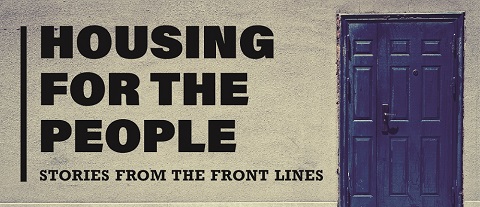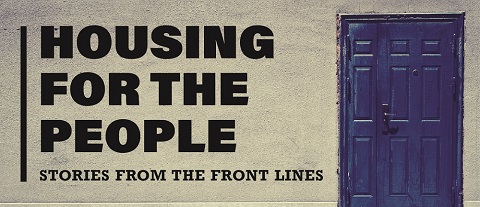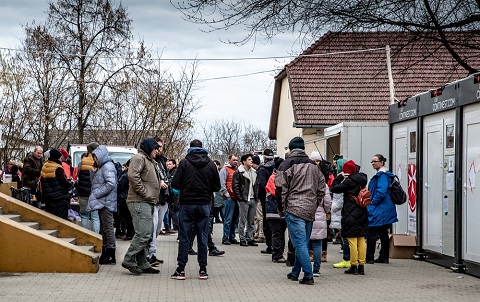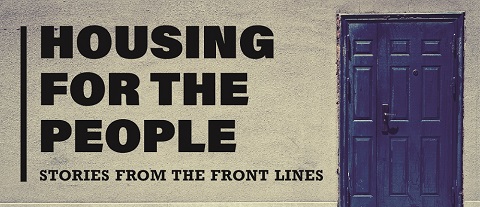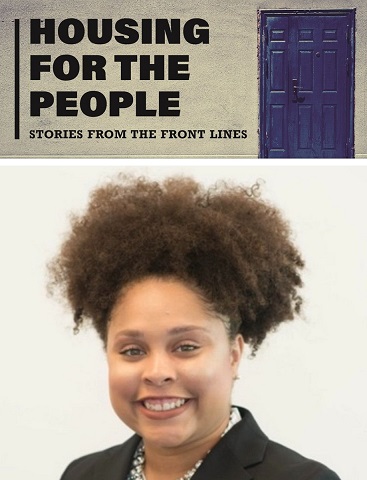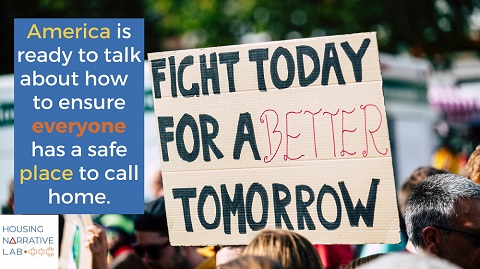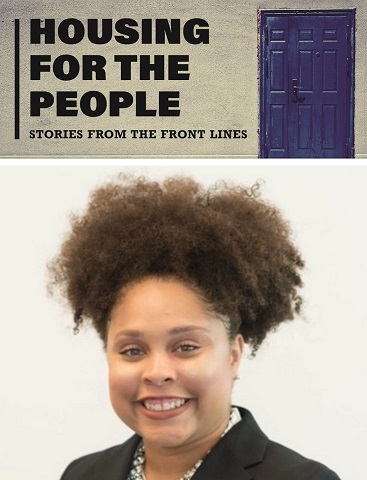By Sandra Tordová, Nota Bene
While numerous countries are trying to tackle homelessness by increasing accessible housing, the Hungarian government has outlawed homelessness. Just in the first week of the law coming into effect, four people were arrested.
Emilia, a 62-year old former care assistant, became homeless five months ago, after her partner of 14 years passed away. Emilia didn’t want to go to a shelter as she didn’t want to leave her dog she’d had for seven years. On the evening of Thursday 18 October, she was sitting on a park bench curled up in a blanket when the police asked her to leave the public space.
As this was her fourth warning, she was taken to a police station. It is interesting to note that, not long ago, police advised her to stay in a well-lit place in a park so she could be seen. Thanks to the new law, this same action got her arrested and she would later face trial.
Inhuman attitude
Emilia’s story shows that falling to the bottom is worryingly easy. According to an account on Hungarian website 444.hu, she who used to work as a secretary, before moving to the US in 1995. She came back to Hungary after her parents died, which she now describes as the biggest mistake of her life. When she came back home, she worked as a care assistant and had a cleaning job on the side. After her partner died, his family decided she needed to go. And she ended up on the streets.
People in the area were supportive, some brought her coffee in the morning, some even wanted to bear witness that she was not a danger to society. This was rejected. Due to the process, Emilia wasn’t even present at her own hearing.
“This inhuman attitude is worrying me”, says Judit Popovics, a psychologist at the Menhely Alapitvany association which publishes Hungarian street paper, Fedél Nélkül. “In two out of three cases, homeless people testified via video conferencing. They sat on a transparent chair in a sterile white room.”
Emilia this time “got out” with just a warning. She defended herself by saying that she doesn’t plan to stay on the streets. She’s still awaiting the judge’s decision regarding the flat she had to leave. A mitigating circumstance was that she had a clean record. But the judge warned her that, should this happen again, she could be sentenced to community service or even imprisonment.
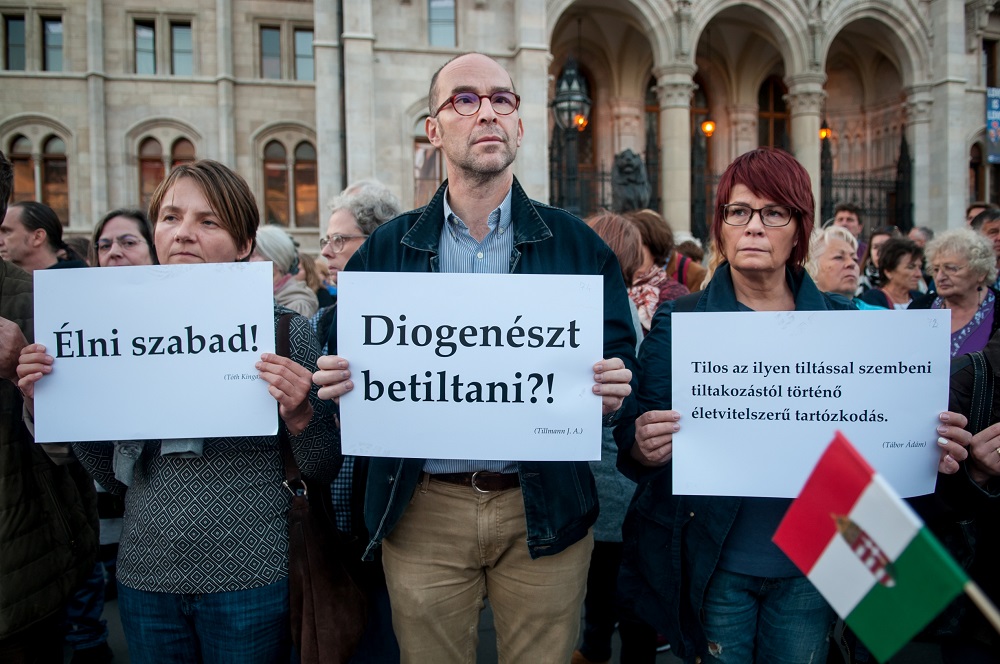
Not found, frozen
In the first three days after the law came into effect, the police had to deal with over a hundred homeless people. First, they are invited to leave the public area. If they cooperate and go to a shelter or anywhere else, they aren’t arrested but only receive their first warning. “However, if they refuse, the police take them into custody, regardless of whether this is their first warning or not,” explains sociologist Zoltan Guraly from the Menhely Alapitvany association.
The fourth warning for a homeless person leads to custody, whether they cooperate or not, and they stay in custody until the trial. The streets in Budapest city centre seem a bit emptier. In busier places, especially near the underground, there aren’t mattresses nor so many homeless people. “Some of them left for shelters but I think most of them moved from the city centre to suburbs,” says Popovics.
She points out that it is not easy to find a new place for people who are dependent on street life. In an attempt to find one, they are now moving from one to the other; social workers cannot contact them – making it even harder for help to find them during the cold winter days.
“This inhuman attitude is worrying”
Unsuitable shelters
Although the Hungarian government this year set aside a further 300 million forints (928 400 euros) to improve services for the homeless, there are still only 11,000 beds for 30,000 people. This doesn’t change the fact that some will not seek out the shelters and their services, due to the lack of privacy in crowded rooms, petty thievery and problems with insect.
“In some places, there are more than 20 people sleeping in one room,” explains Popovics. “There are almost no shelters for couples so if they want to spend a night in warmth, they must separate. Those with dogs face a similar problem. In general, the state of shelters is inadequate.” She adds that social benefits are far less than needed to rent just a room, not to mention a flat.
Experts from the UN criticise this new legislative change in the Hungarian constitution. They have deemed it cruel and incompatible with international human rights laws. “You won’t find anyone among social service providers who thinks this new legislation is a good idea. Criminalisation is not a solution,” says Guraly, who has been working with the homeless for over 20 years. “We need more affordable housing than shelters.”
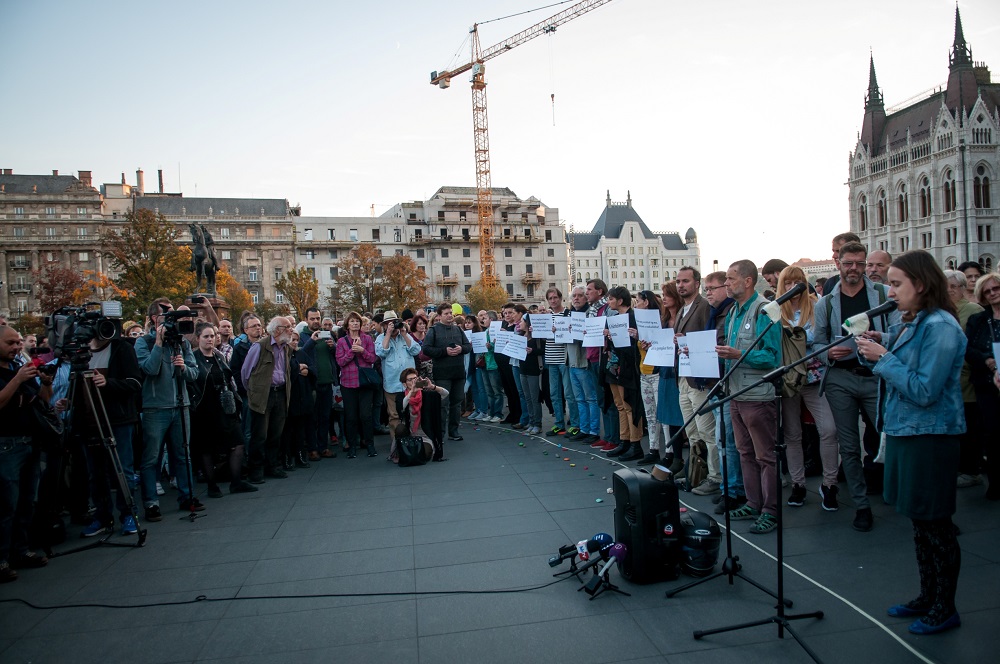
Humans just like anyone else
Only about a thousand people came to a protest at the Hungarian parliament. “People have shown less solidarity than I’d expected,” notes Guraly. Solidarity with the homeless has always been low but he fears that the legislation will make it even worse. “If, however, the media keep reporting on these cases, there is some hope that people will protest against the legislation more.”
Judit Popovics too thinks that it is a good way to increase awareness and change the way that homeless people are perceived – as an anonymous mass of people. “It is important that society gets to know what life is like them for them because they are humans just like anyone else.”
“There are almost no shelters for couples so if they want to spend a night in warmth, they must separate. Those with dogs face a similar problem. In general, the state of shelters is inadequate”
The Hungarian website Merce published a 20-minute long video showing a police intervention where a passer-by stood up for a homeless person. “It was just like in an episode of The Streets of San Francisco. Three police cars appeared and approached a nice older man who was just peacefully sitting there,” describes the young man in the video. The nice older man, around whom people gathered, is called Zoltan. You can hear comments from the passers-by: He’s done nothing, he’s just sitting here. You should be dealing with thieves, not these unfortunate people. But also: You can’t even live on streets anymore? They can’t live anywhere anymore?

In the video, there is a lady standing between two police men trying to persuade them to let him go. “Where have we got to? Where is humanity? How can we let this happen? People, let’s think for a while… This is shameful!” Zoltan, who clearly isn’t in good health, is in the end taken away. According to the recent news, his trial has been postponed due to his ill health – broken ribs and more.
More help than rights?
The government claims that the intervention should preserve human dignity of homeless people. Its aim is to relocate the homeless from the streets into shelters and so protect them from the coming winter. “We believe that the homeless need more support rather than further rights,” announced the state secretary Bence Retvari.
The lawyers at Utcajogasz, who provide free legal services to many homeless people, object: “People cannot be forced to seek social services under the threat of imprisonment [where they end up if they get arrested three times within six months].”
Proti prudu, the umbrella NGO of Slovakian street paper Nota Bene, initiated a petition in support of homeless people in Hungary. “Arresting people according to a law which is in violation of their human rights is absurd,” states Nina Benova on behalf of the organisation.
Translated from Slovak by Ludmila Kopaskova









